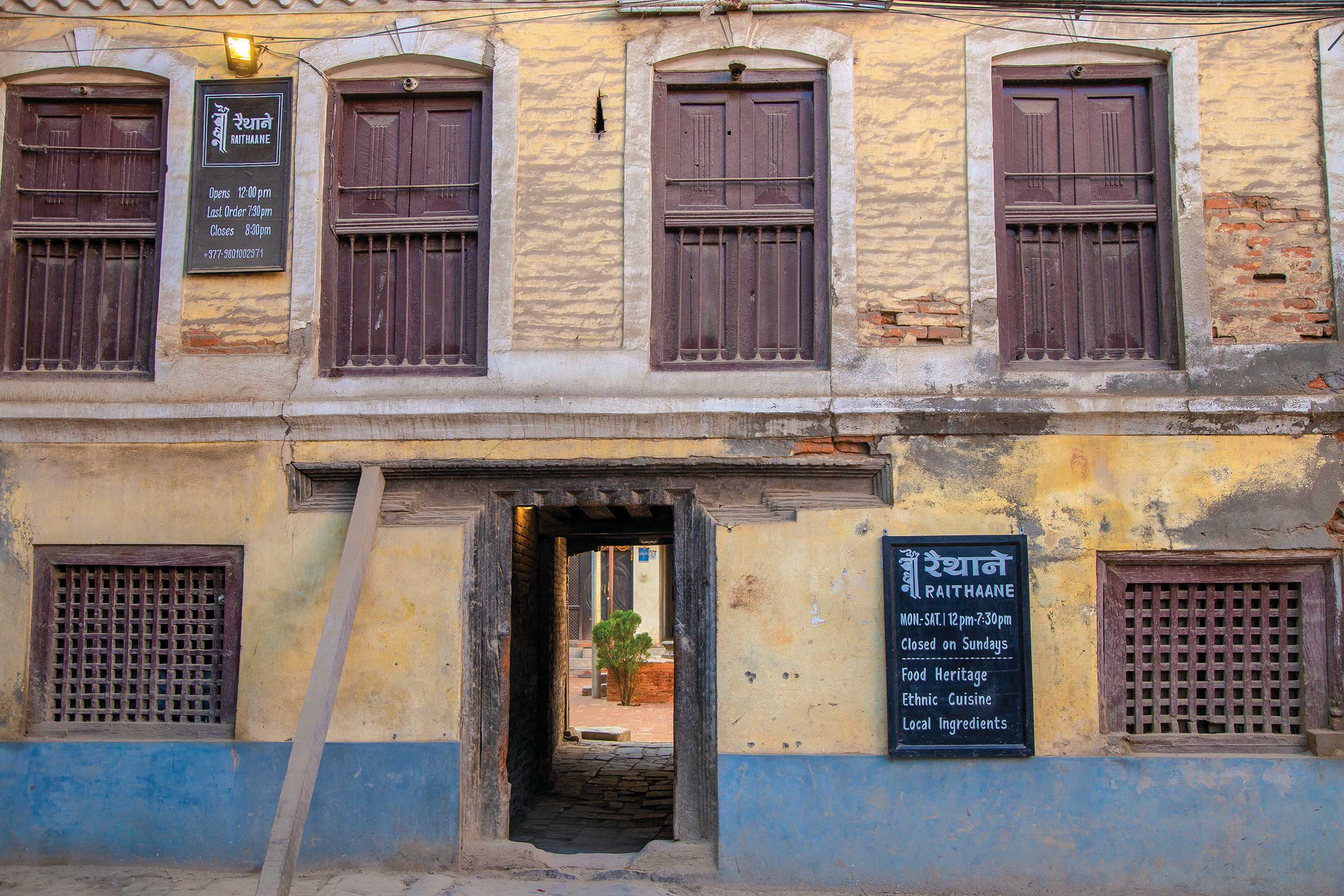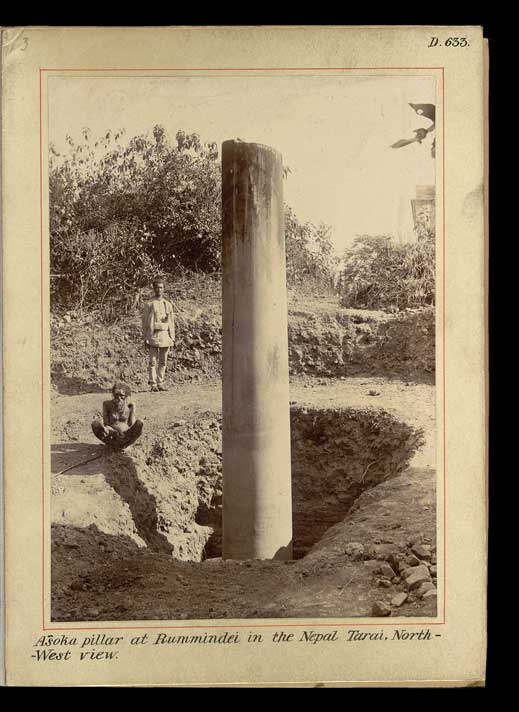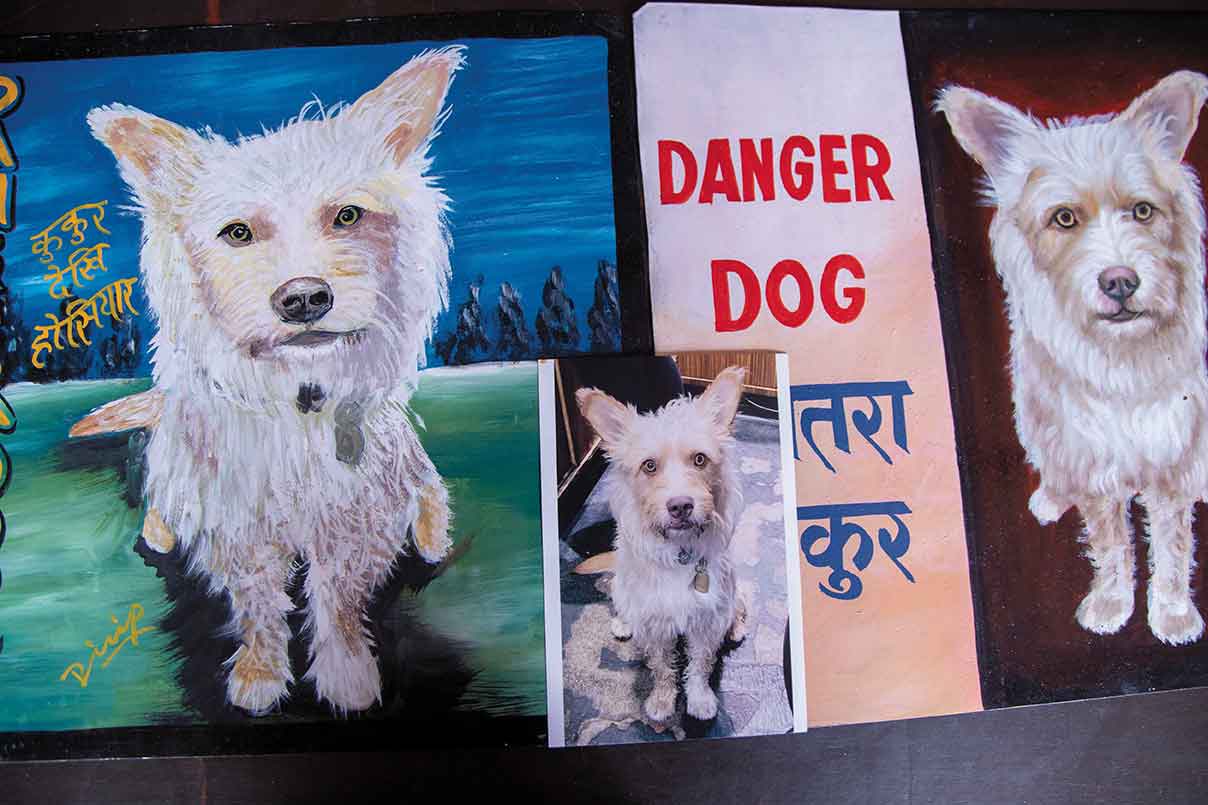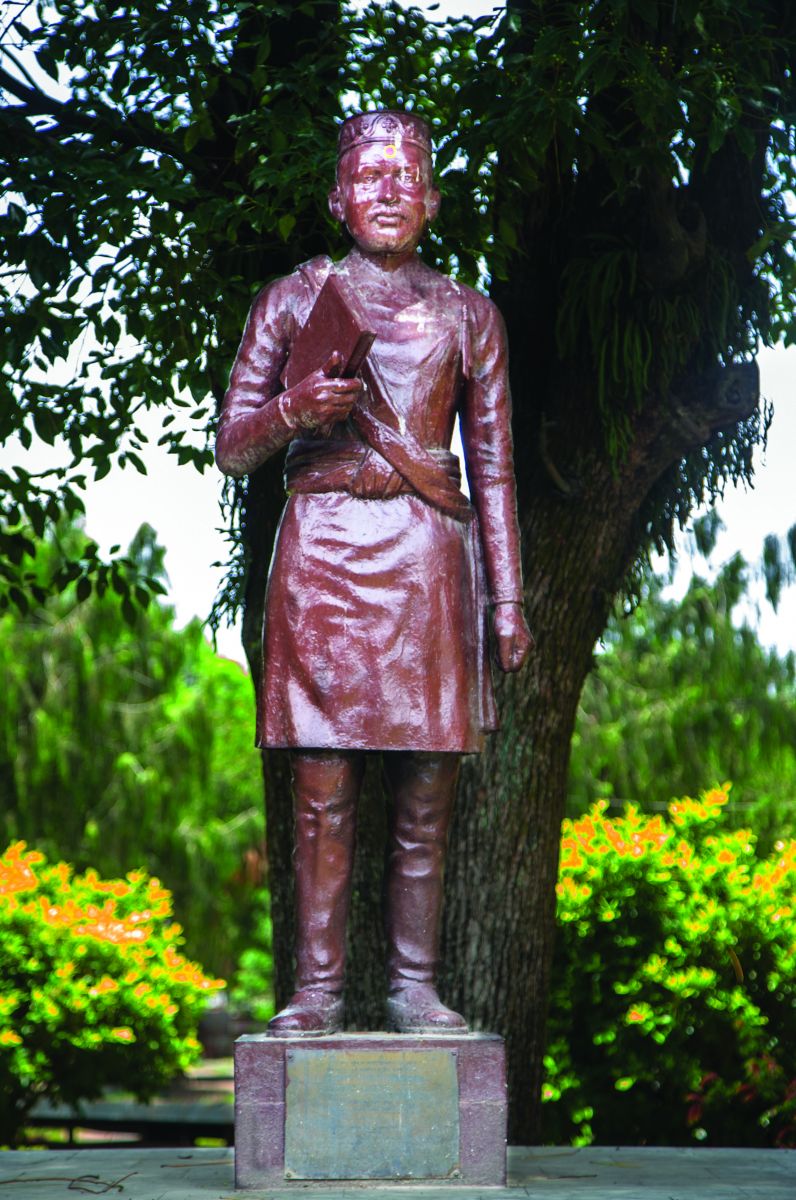Good writing has an aliveness that keeps the reader reading from one paragraph to the next, and it’s not a question of gimmicks to ‘personalize’ the author. It’s a question of using the English language in a way that will achieve the greatest clarity and strength. (William Zinsser, in On Writing Well, 2006)
The book Tilled Earth by Manjushree Thapa is a series of short stories, some of
which demonstrate Zinsser’s ‘aliveness’. One story, entitled ‘The Buddha in the Earth-Touching Posture’, is a slightly novelized account of a visit to Lumbini. While there, Thapa’s fictional protagonist visited a nearby Muslim village. The following excerpt epitomizes tight, attractive prose. “When Ali Ibrahim showed up at ten to take me to meet the maulana of Khungai,” Thapa writes, “I did not hesitate to go with him...”
Khungai lay past a string of squalid, fly-infested settlements with a few tea shops, grain stores and bicycle repair workshops of slapped-together tin sheets. We disembarked from the bicycle-rickshaa at the village mosque, and Ibrahim led me to its grassy courtyard, where schoolchildren, students at an attached madrassa, were sitting on rows of benches, facing a blackboard that had been propped up on a tree. They all turned to look at us, and stared at me the entire time I was there.
Clear strong writing. Your impression of the village is immediate, and the curiously silent students are visual. It’s is a fine example of succinct description, uncluttered. Many essays bog down on adjectives, but Thapa has selected them carefully for visual impact: “squalid”, “fly-infested”, “slapped-together, “grassy” and “attached”. All the rest is description that moves along with simple verbs: “lay”, “disembarked”, “led”, “turned”, “stared”, etc. We read it and want to to move on to find out what this visit is all about.
The bane of most writers is clutter. “Fighting clutter is like fighting weeds—the writer is always slightly behind,” says William Zinsser. He goes on to say that “Few people realize how badly they write. Nobody has shown them how much excess or murkiness has crept into their style and how it obstructs what they are trying to say. If you give me an eight-page article and I tell you to cut it to four pages, you’ll howl and say it can’t be done. Then you’ll go home and do it, and it will be much better. After that comes the hard part: cutting it to three.”
The opposite of clutter is clarity. Here’s a good example of clear vision about human feelings and perception, from Indira: The Life of Indira Nehru Gandhi by Katherine Frank:
Throughout this period Indira was in an unusually heightened state of mind—her perceptions razor-sharp and vivid. Her innate sensitivity to colour was intensified and she wore saris with vivid borders—often in shades of red—the colour of battle, passion and bloodshed, a colour that was traditionally taboo for widows to wear. In fact, Indira told her friend Pupul Jayakar later that she seemed to see things through a red filter and that ‘the colour red suffused me throughout the war’.
No clutter. What more can I say?
Good writing!










